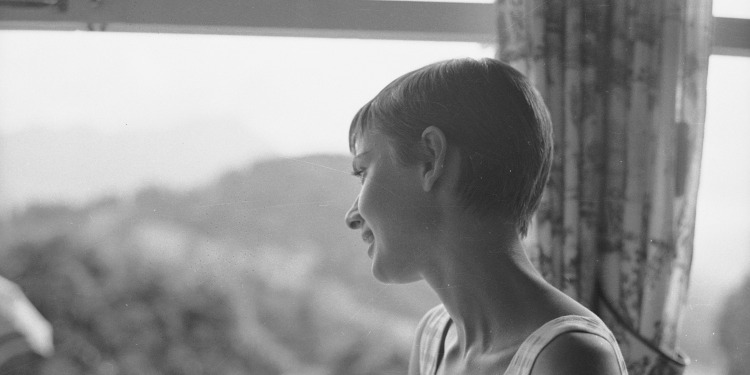How Audrey Hepburn Saved Jews During the Holocaust
The Fellowship | May 1, 2023

The world knows Audrey Hepburn for her many roles in classic Hollywood films, as well as for her beautiful and glamorous public persona. But now, The Times of Israel’s Rich Tenorio tells us, we can learn about much more important activities Hepburn took part in — resisting the Nazis in her native Netherlands and helping save the lives of Dutch Jews:
Hepburn was born Audrey Kathleen van Heemstra Ruston on May 4, 1929. Her family had aristocratic connections on both sides. Her Dutch grandfather, the Baron van Heemstra, was a former governor of the South American colony of Suriname, and a former mayor of Arnhem. Her English father claimed a royal pedigree through his 16th-century ancestor, James Hepburn, the third husband of Mary, Queen of Scots.
Young Audrey, or Adriaantje, as she was known to her family, grew up shuttling between Belgium, England and the Netherlands…
Nazis arrested her brother-in-law, Hepburn’s uncle Otto, a court prosecutor, for disobeying their policies. On August 15, 1942, he was executed in a mass killing with another relative, Baron Schimmelpenninck van der Oye.
Otto’s execution was “a turning point… when the war became real,” Matzen said, calling him “such an optimistic and positive force in the family. He did not believe til the last morning of his life that anything bad was going to happen to him. When it did, it shook the family to the core…”
“The family bonded together and joined the resistance,” Matzen said. “They did everything they could against the occupation.”
That included refusing an order to join a Nazi artists’ committee, ending Hepburn’s burgeoning dance career, which had made her Arnhem’s most famous ballerina by 1944, Matzen said. Hepburn also assisted a remarkable doctor, Hendrik Visser ‘t Hooft, who helped shelter hundreds of Jews in Velp throughout the war.
“He was instrumental,” Matzen said. “He knew where all the Jews were in Velp. Audrey was involved. She knew some of the things he knew. She was one of the ones [bringing] messages to families protecting Jews. She danced [to raise money] for the resistance, money to feed Jews in hiding. Nobody [wrote about] how enmeshed in the Jewish story she was.”
The postwar discovery of Anne Frank’s diary added to this story. In an eerie development, when Hepburn and her mother lived in Amsterdam after liberation, their fellow lodger was the editor working on publishing the diary. Hepburn and Frank were born just weeks apart in 1929 — Frank would have celebrated her 90th birthday on June 12 — and both lived in the Netherlands during the war. But Frank was apprehended in 1944 and died at Bergen-Belsen in 1945. Hepburn is quoted in the book describing Frank as a soul sister.
“I believe Audrey felt survivor’s guilt,” Matzen said. “She survived. Anne Frank did not.”
